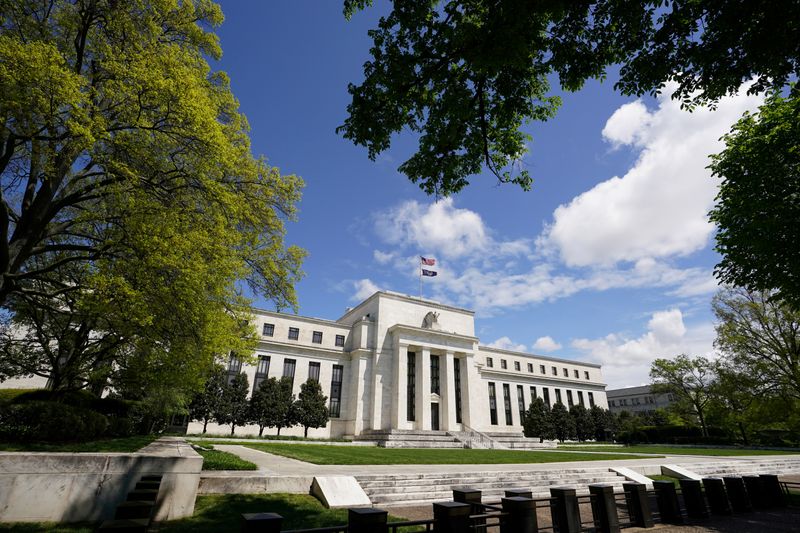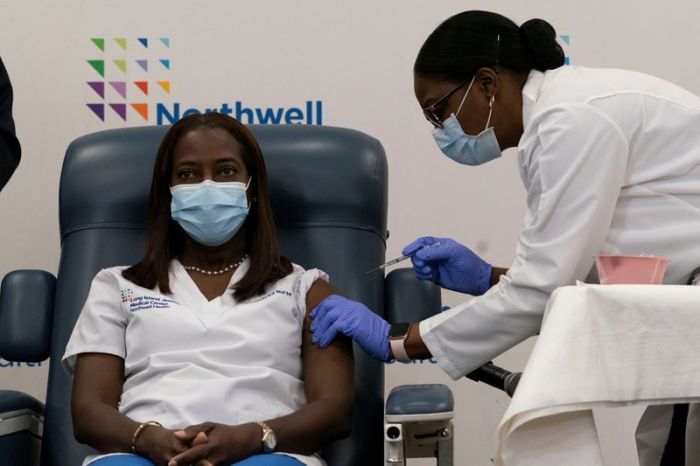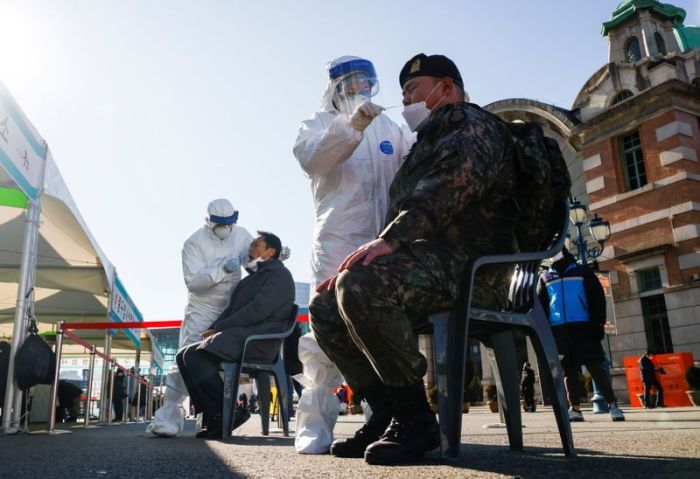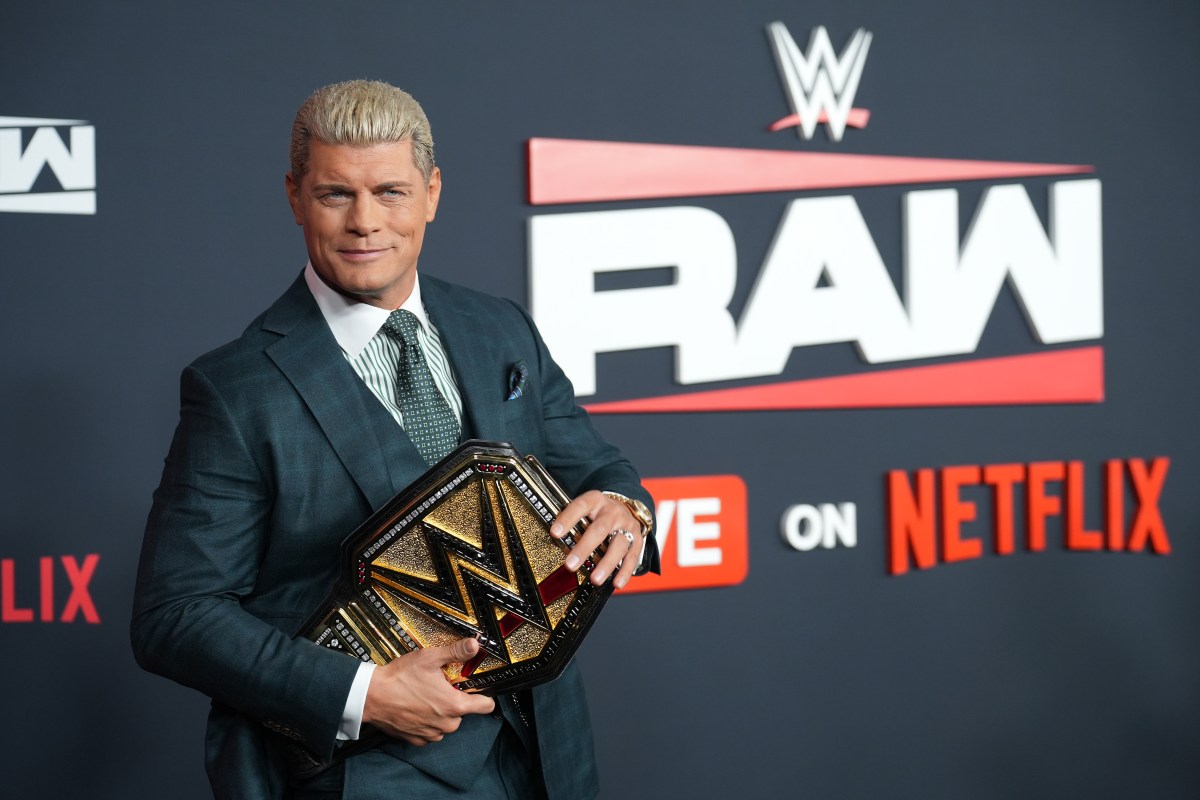WASHINGTON (Reuters) -The U.S. Federal Reserve said on Tuesday it has joined an international group of central banks focused on climate change risk, a signal that the Fed could move to incorporate the impacts of global warming into its regulatory writ.
The Fed’s membership in the Network of Central Banks and Supervisors for Greening the Financial System (NGFS) comes after a yearlong collaboration, the Fed said. It had been the only major global central bank besides the Reserve Bank of India that was not a member of the NGFS.
“As we develop our understanding of how best to assess the impact of climate change on the financial system, we look forward to continuing and deepening our discussions with our NGFS colleagues from around the world,” Fed Chair Jerome Powell said in a statement announcing the move.
For years, the Fed has stayed on the sidelines as other central banks pushed to use their regulatory and research clout to mitigate the effects of global warming, including potentially abrupt price changes from climate-related disasters that could reverberate through financial markets.
But that has been changing recently. Last month, the Fed included climate change for the first time in its regular assessment of financial stability vulnerabilities.
Powell has said that making sure the financial system is “resilient” against climate change fits with the Fed’s congressionally assigned mandates.
But doing so could be politically fraught. Republican President Donald Trump has called climate change a “hoax,” and he exited the Paris Accord that Democratic predecessor President Barack Obama had signed on to.
Democratic President-elect Joe Biden has said he will rejoin the climate pact.
Last week, 47 Republican lawmakers, including about a third of the House financial services committee that helps oversee the Fed, wrote to Powell urging him not to join the group, raising concerns that climate-oriented regulations could make it difficult for oil and gas companies to access capital.
On Tuesday, Senator Brian Schatz of Hawaii, a Democrat, said he expects “further concrete steps” from the Fed on climate change, including using tools like stress testing.
(Reporting by Katanga Johnson with reporting by Ann SaphirEditing by Bernadette Baum and Jonathan Oatis)
























